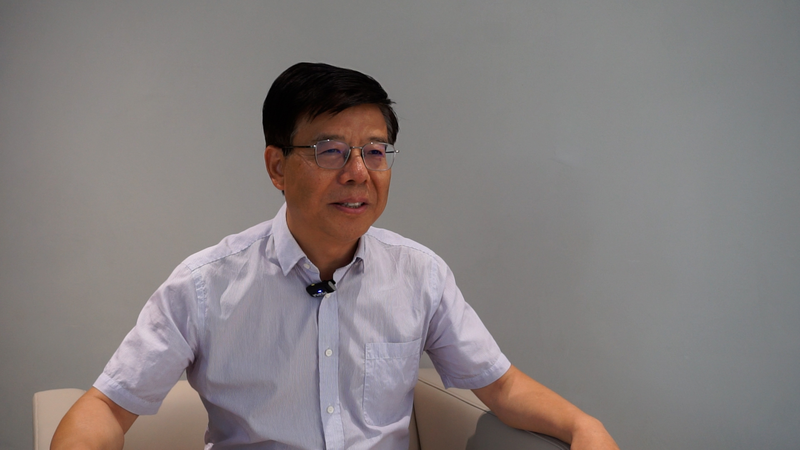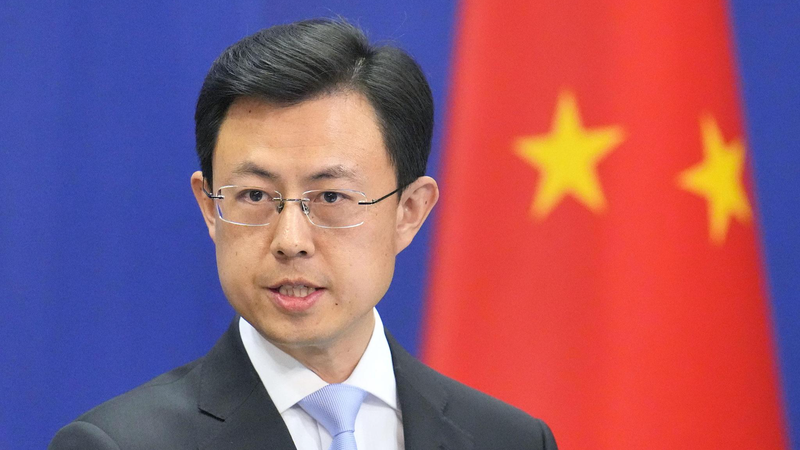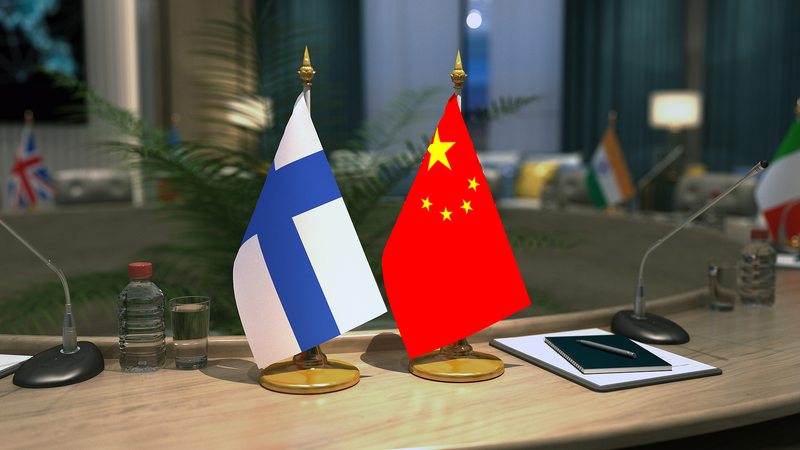At the 2025 International Congress of Basic Science in Beijing, a global gathering of Nobel laureates, Fields medalists, Turing Award winners, and leading scholars explored the frontiers of basic science with a focus on the dynamic interplay between mathematics and artificial intelligence (AI). Wu Rongling, deputy head of the Beijing Institute of Mathematical Sciences and Applications (BIMSA), shared his insights on how mastering math is key to driving the next wave of AI innovation.
Wu pointed out that the U.S. has encountered setbacks in basic research—largely due to shifting leadership and funding priorities—which has inadvertently opened a door for China. According to him, by investing in advanced mathematical research and integrating it with AI, China can build its own robust frameworks to tackle complex challenges such as molecular modeling and disease prediction. This synergy between math and AI isn’t just academic; it’s a strategic move set to revolutionize technology.
He also emphasized the importance of education. Wu urged young researchers and tech enthusiasts to go beyond simply using algorithms—instead, learn why they work. This understanding is vital for forging innovative solutions and staying ahead in today’s fast-paced tech world, a message that strongly resonates with the energetic youth of South and Southeast Asia. 🚀
As technology continues to evolve at breakneck speed, the call for a solid foundation in math and AI is clearer than ever. Whether you’re a budding coder or a startup visionary, embracing these core principles could be the key to leading tomorrow’s innovation.
Reference(s):
U.S. undermines its tech edge, a chance for China: Wu Rongling at ICBS
cgtn.com




